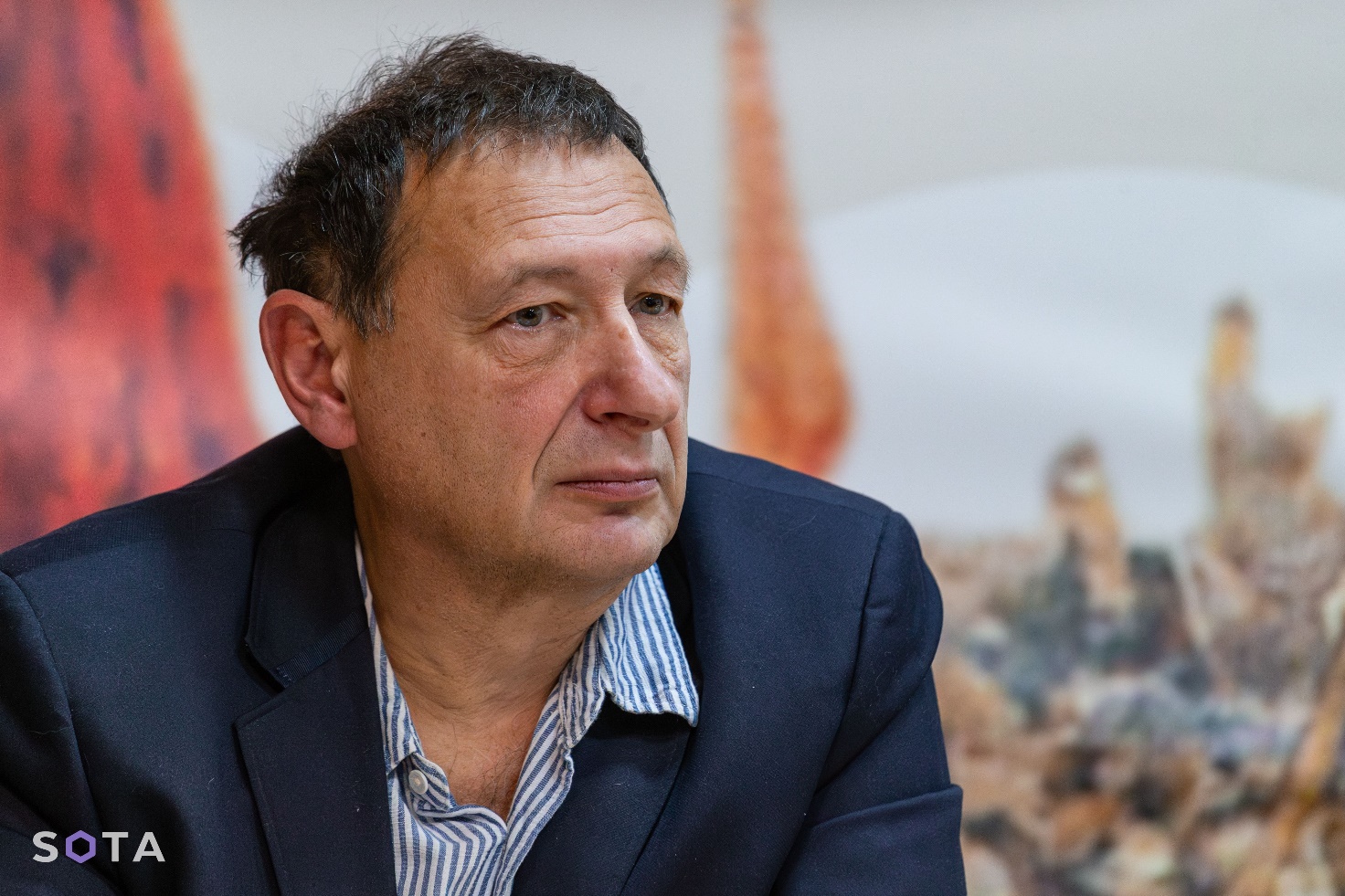Boris Kagarlitsky and the dissent of Russia's last Marxist
The 68-year-old Russian sociologist is one of Putin's most prominent political prisoners, but he was already one in Brezhnev's USSR. From prison, he says he feels freer to express his opinions. He is serving a five-year sentence for ‘justifying terrorism’ in reference to his criticism of the war. His health is deteriorating in prison.
Moscow (AsiaNews) - The name of Russian sociologist Boris Kagarlitsky, a political prisoner in Putin's Russia and a former dissident in Brezhnev's USSR, is increasingly appearing in ‘camp chronicles’, of which he is one of the most notable figures.
He says he ‘prefers the prison camp to Twitter’ because he feels free to express his opinions, which are never in line with the established power, nor with the main opposition ideologies.
In recent days, his lawyer has reported that his health is deteriorating while he is serving a five-year sentence in a concentration camp for ‘justifying terrorism’; Instead of sending him to hospital for tests, he was locked up in solitary confinement for “disorder in the bedside table” of his prison cell.
Before being convicted, Kagarlitsky had ignored signals from the authorities, who would have welcomed his transfer abroad to avoid the nuisance of one of the most prominent “left-wing” publicists both in Russia and beyond its borders.
As journalist Ilya Azar recounts in Novaya Gazeta Kazakhstan, the 68-year-old sociologist has been a mentor to several generations of people since he was a prisoner of the Soviets, and in 2014 he openly supported the “Donbass uprising” against the Ukrainians, only to later condemn Putin's invasion in 2022.
He was then arrested in July 2023 for speaking positively about the explosion on the Crimean bridge in a video posted on the YouTube channel Rabkor entitled: “Explosive congratulations to the bridge cat, the men in the throes of a nervous breakdown and the assaults on useless infrastructure”.
A few months later, he was released and only forced to pay a fine, “hoping to have scared him enough”, as his daughter Ksenia Kagarlitskaya says, and immediately giving him his passport to leave the country, but Boris had no intention of doing so. ' He started provoking even more,‘ says Ksenia, immediately giving an interview to the channel Khodorkovskij – Live to support his criticism of Putin's regime and the war.
According to his friend and supporter Pavel Kudjukin, ’he was probably hoping for cover from his friends in the Kremlin administration." His daughter hoped to take him with her to Montenegro, but he would not hear of it.
In February 2024, Kagarlitsky was summoned to court for the appeal requested by the prosecutor, and he was so convinced that nothing would happen to him that he had booked a holiday in Egypt, but from the court he went straight to a prison sentence.
He insisted, however, that “if you want to influence Russian politics in any way, you have to stay in Russia”, a position that aligns him with the tragic choices of Putin's greatest dissident, the martyr Alexei Navalny.
To those who argue that “politics has long since ceased to exist in Russia”, he reminds them that he was in prison long before Vladimir Putin's United Russia, when there were not even the rigged elections of today, and that he was arrested in 1982 (while Brezhnev was still alive) in the so-called “Young Socialists case”, who criticised the communist regime from the left. For Kagarlitsky, “being in prison is part of the political struggle, and you must always be prepared for it”.
His followers still recognise his “great open-mindedness” and his inspiration for a true “egalitarian revolution” that would first overcome the totalitarianism of the party and then the dictatorship of the oligarchs in today's Russia.
Even his critics recognise his intellectual honesty and his ability to charm the general public. ‘He is no Gandhi, but it is difficult to find anyone who has not found themselves in conflict with him on some issue, only to come away with a very favourable impression,’ say several commentators.
Even his daughter Ksenia does not agree with her father: “He didn't turn me into a Marxist, I'm a left-wing liberal,” and, like many people in Russia, she sees her father Boris as a prophet of a future Russia made up of “real men who think for themselves”.







.png)










